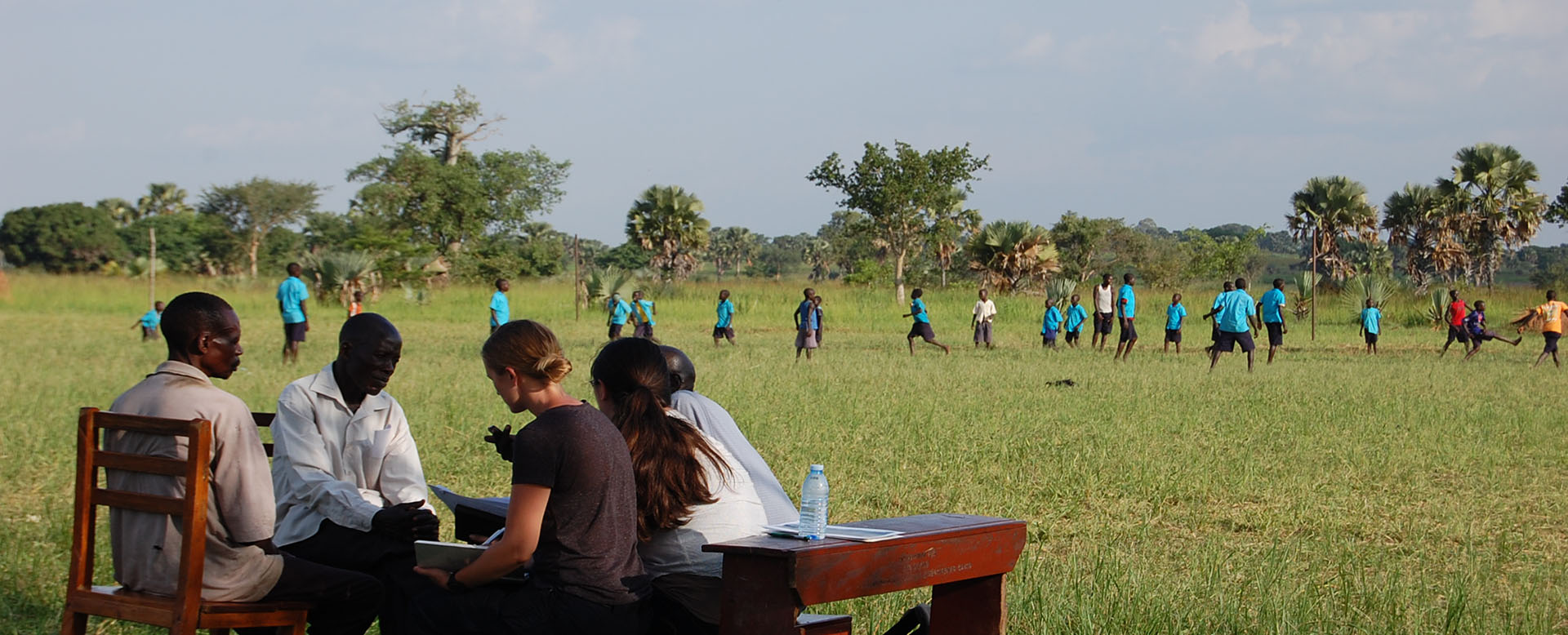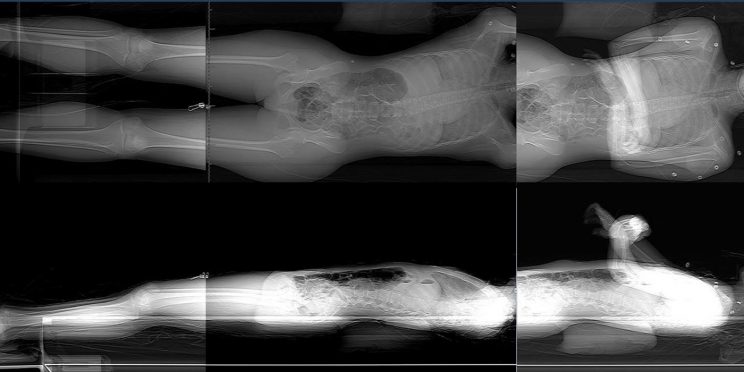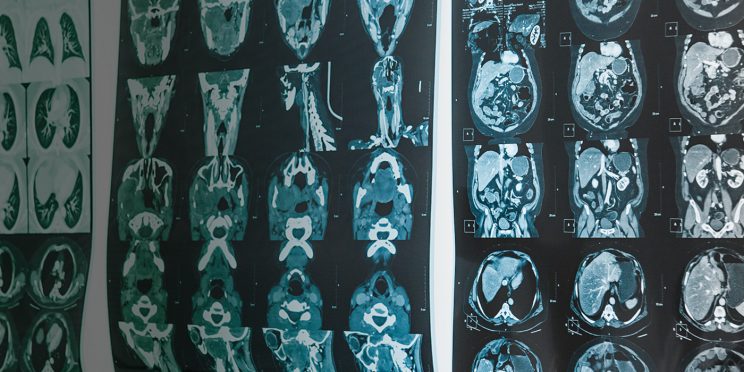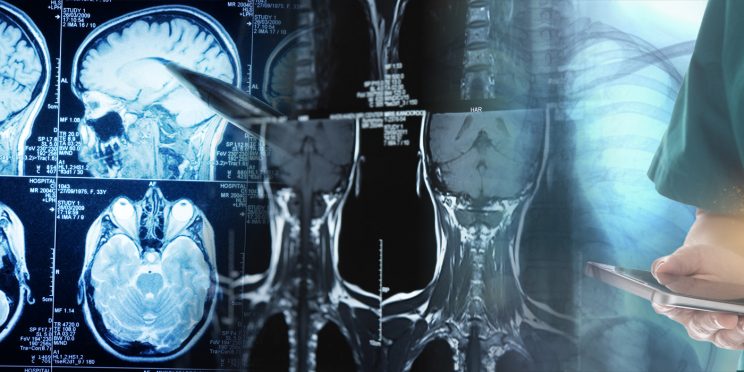This webinar originally occurred on March 28, 2019
Duration: 1.5 hours
Overview
This presentation introduces research conducted in Uganda at the nexus of forensic science and transitional justice, highlighting a large-scale forensic investigation and human identification capacity-building workshop for Ugandan stakeholders.
Detailed Learning Objectives
- Learn about modern Ugandan conflicts and the need to bolster forensic capabilities to meet the challenges of the forthcoming National Transitional Justice Policy.
- Learn about the challenges to articulate the application of forensic investigation with community needs in large-scale, post-conflict contexts.
- Learn about the forensic investigation and human identification capacity-building workshop conducted in Kampala for Ugandan practitioners, government officials, and non-governmental (NGO) members.
Presenters
- Hugh H. Tuller | Forensic Anthropologist at the Defense POW/MIA Accounting Agency
- Dr. Jaymelee J. Kim | Biocultural Anthropologist
- Dr. Paul D. Emanovsky | Supervisory Forensic Anthropologist at the Defense POW/MIA Accounting Agency
- Dr. Dawnie Wolfe Steadman | Director of the Forensic Anthropology Center and Professor of Anthropology
Funding for this Forensic Technology Center of Excellence webinar has been provided by the National Institute of Justice, Office of Justice Programs, U.S. Department of Justice.
The opinions, findings, and conclusions or recommendations expressed in this webinar are those of the presenter(s) and do not necessarily reflect those of the U.S. Department of Justice.
Contact us at ForensicCOE@rti.org with any questions and subscribe to our newsletter for notifications.




